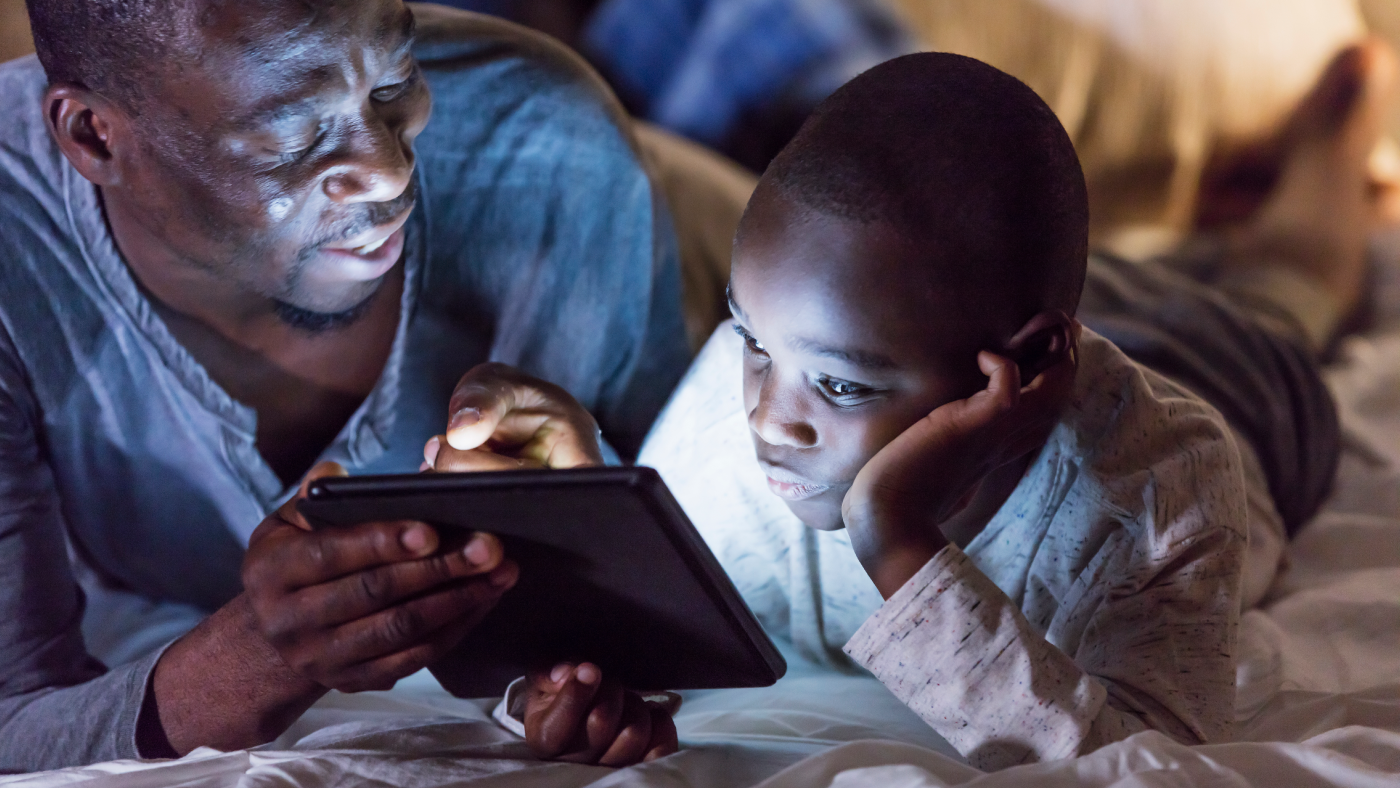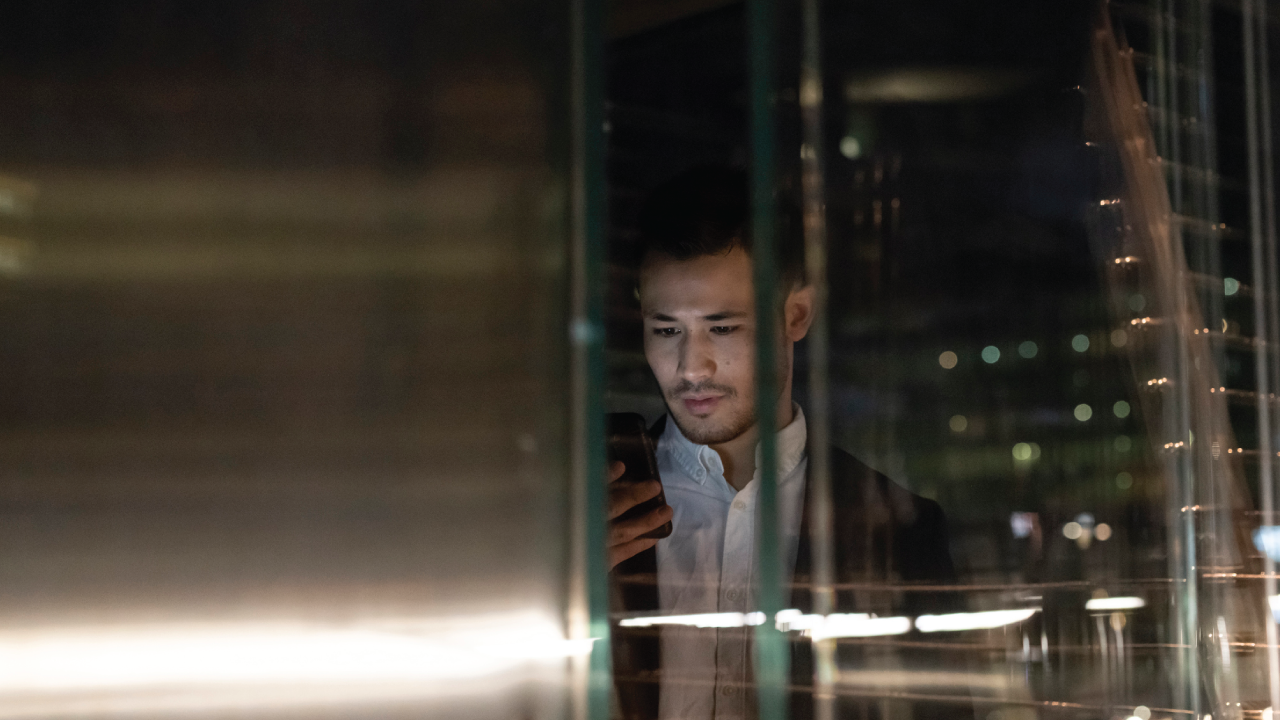
Americans and ‘Cancel Culture’: Where Some See Calls for Accountability, Others See Censorship, Punishment
U.S. adults explain – in their own words – what they think cancel culture means.
U.S. adults explain – in their own words – what they think cancel culture means.
Some 49% of U.S. adults say Donald Trump’s accounts should be permanently banned from social media, while half say they should not be.
Only 9% of adult social media users say they often post or share things about political or social issues on social media.
A majority of Americans say they use YouTube and Facebook, while use of Instagram, Snapchat and TikTok is especially common among adults under 30.
Democrats are about 10 percentage points or more likely than Republicans to say they ever use Instagram, Twitter, WhatsApp, LinkedIn or Reddit.
Today, 25% of adults ages 65 and older report never going online, compared with much smaller shares of adults under the age of 65.
The share of U.S. adults who now report that they go online “almost constantly” has risen to 31%, up from 21% in 2015.
The share of Americans who say they watch television via cable or satellite has plunged from 76% in 2015 to 56% this year.
Americans inhabited different information environments, with wide gaps in how they viewed the election and COVID-19.
A plurality of experts think sweeping societal change will make life worse for most people. Still, a portion believe things will be better in a ‘tele-everything’ world.

Roughly four-in-ten Americans have experienced online harassment. Growing shares face more severe online abuse such as sexual harassment or stalking.
Two-thirds of parents in the U.S. say parenting is harder today than it was 20 years ago, with many citing technologies, like social media or smartphones, as a reason.
From distractions to jealousy, how Americans navigate cellphones and social media in their romantic relationships.
Majorities of U.S. adults believe their personal data is less secure now, that data collection poses more risks than benefits, and that it is not possible to go through daily life without being tracked.











